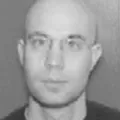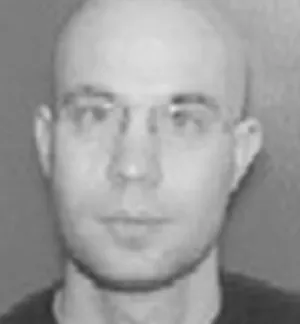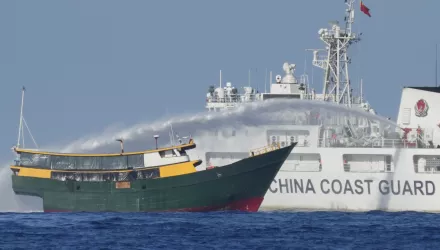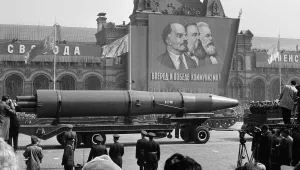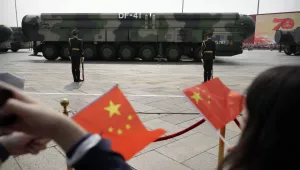Abstract
This paper looks at the complex relationship that exists between ideology, international relations theories, and the world of practice. It focuses on the role of theoretical concepts in forming foreign policy, asks whether theoreticians and theories act as agents in the political arena, and if so, what the consequences of this agency are. The paper attempts to show that theoretical concepts have a political role to play in the field of foreign affairs, and that to some degree they shape the reality that they try to study. As such, they blur the dichotomist distinction between subject and object, and should not be considered outside observers, which is a necessary precondition to objectivity. This agency and lack of objectivity, I claim, endow theoreticians with moral responsibility, and obligate the founding of research on morality. In order to demonstrate my claims I focus on U.S. foreign policy toward Latin America under the Kennedy administration, the influence of Walt W. Rostow regarding that policy, and what can be termed the rise and fall of modernization theory.
To view full text please see PDF below (login may be required).
Ish-Shalom, Pinhas (Piki). “Theory Gets Real, and the Case for a Normative Ethic: Rostow, Modernization Theory, and the Alliance for Progress.” International Studies Quarterly, June 1, 2006

